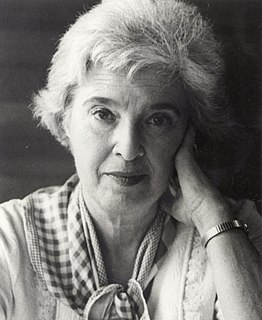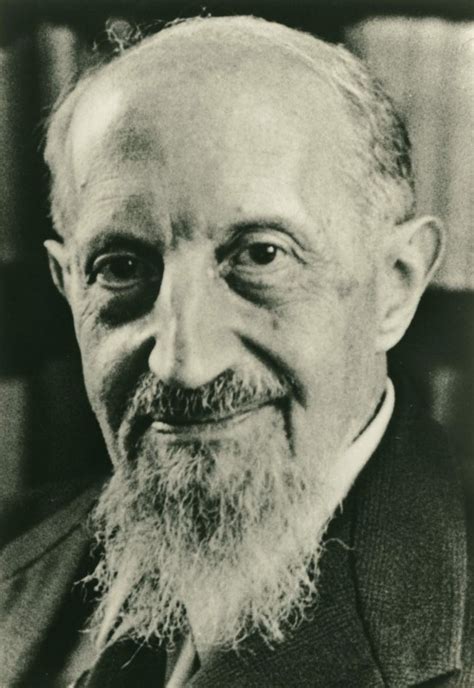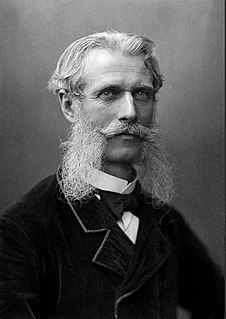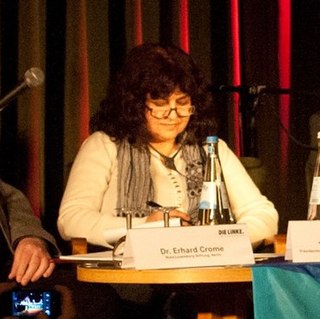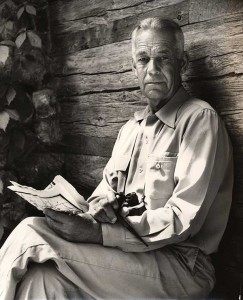A Quote by Rachel Cusk
As it stands, motherhood is a sort of wilderness through which each woman hacks her way, part martyr, part pioneer; a turn of events from which some women derive feelings of heroism, while others experience a sense of exile from the world they knew.
Related Quotes
Everything happens through immutable laws, ...everything is necessary... There are, some persons say, some events which are necessary and others which are not. It would be very comic that one part of the world was arranged, and the other were not; that one part of what happens had to happen and that another part of what happens did not have to happen. If one looks closely at it, one sees that the doctrine contrary to that of destiny is absurd; but there are many people destined to reason badly; others not to reason at all others to persecute those who reason.
For boys, the family was the place from which one sprang and to which one returned for comfort and support, but the field of action was the larger world of wilderness, adventure, industry, labor, and politics. For girls, the family was to be the world, their field of action the domestic circle. He was to express himself in his work and, through it and social action, was to help transform his environment; her individual growth and choices were restricted to lead her to express herself through love, wifehood, and motherhood--through the support and nurture of others, who would act for her.
We are dominated by everything with which our self is identified. We can dominate and control everything from which we disidentify ourselves. The normal mistake we all make is to identify ourselves with some content of consciousness rather than with consciousness itself. Some people get their identity from their feelings, others from their thoughts, others from their social roles. But this identification with a part of the personality destroys the freedom which comes from the experience of the pure “I”.
We tend to have mixed feelings about the holy. There is a sense in which we are at the same time attracted to it and repulsed by it. Something draws us toward it, while at the same time we want to run away from it. We can’t seem to decide which way we want it. Part of us yearns for the holy, while part of us despises it. We can’t live with it, and we can’t live without it.
Not surprisingly, as the pioneer theme is presented, each goes back in memory to his or her own family line. There are usually examples to identify and which fit the definition of a pioneer: "one who goes before, showing others the way to follow." Some, if not all, made great sacrifices to leave behind comfort and ease and respond to that clarion call of their newly found faith.
I must try to be alone for part of each year...and part of each day...in order to keep my core, my center...Women must be still as the axis of a wheel in the midst of her activities. She must be the pioneer of achieving this stillness, not only for her own salvation, but for the salvation of family life, of society, perhaps even of our civilization.
The paths by which people journey toward happiness lie in part through the world about them and in part through the experience of their souls. On the one hand, there is the happiness which comes from wealth, honor, the enjoyment of life, from health, culture, science, or art; and, on the other hand, there is the happiness which is to be found in a good conscience, in virtue, work, philanthropy, religion, devotion to great ideas and great deeds.
Wilderness can be appreciated only by contrast, and solitude understood only when we have been without it. We cannot separate ourselves from society, comradeship, sharing and love. Unless we can contribute something from wilderness experience, derive some solace or peace to share with others, then the real purpose is defeated.
Wilderness is a resource which can shrink but not grow. Invasions can be arrested or modified in a manner to keep an area usable either for recreation, science or for wildlife, but the creation of new wilderness in the full sense of the word is impossible. It follows, then, that any wilderness program is a rearguard action, through which retreats are reduced to a minimum.
A woman cannot live in the light of intellect. Society forbids it. Those conventional frivolities, which are called her 'duties', forbid it. Her 'domestic duties', high-sounding words, which, for the most part, are but bad habits (which she has not the courage to enfranchise herself from, the strength to break through), forbid it.


